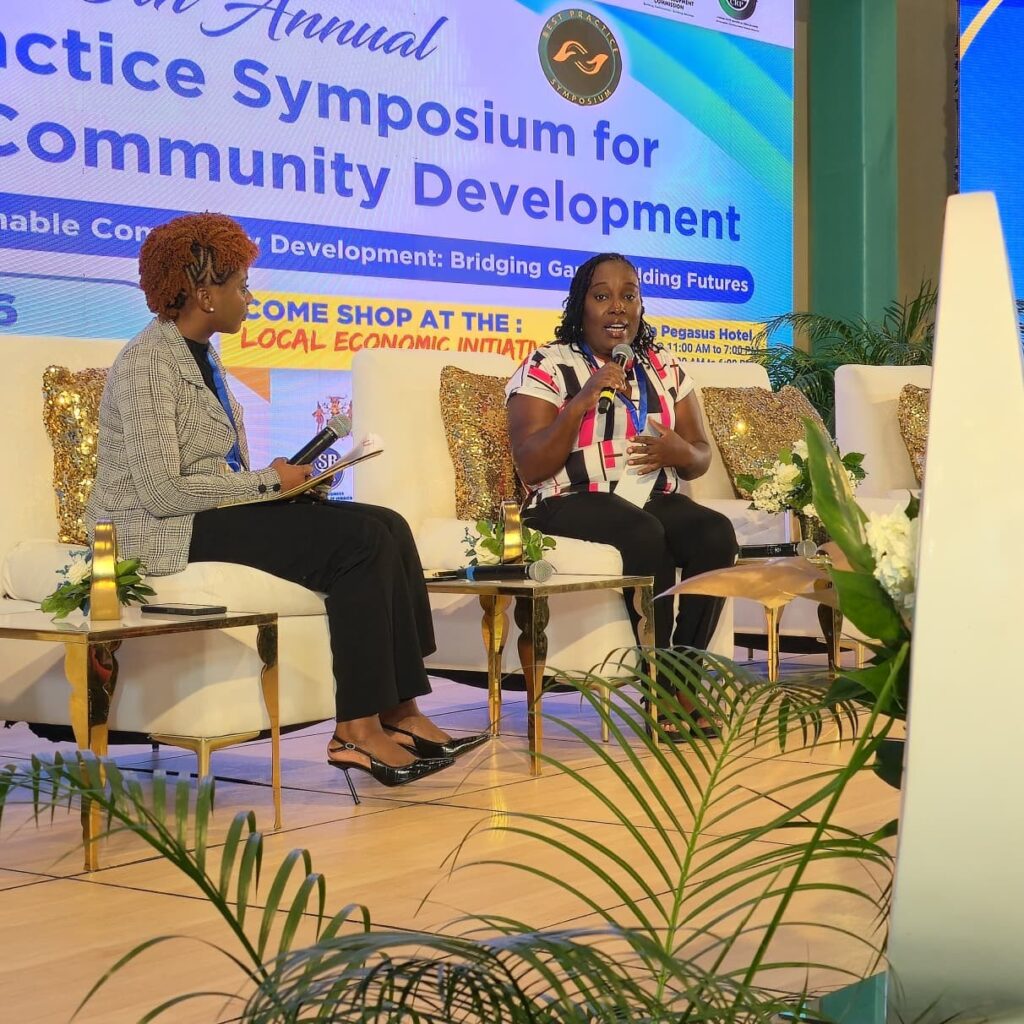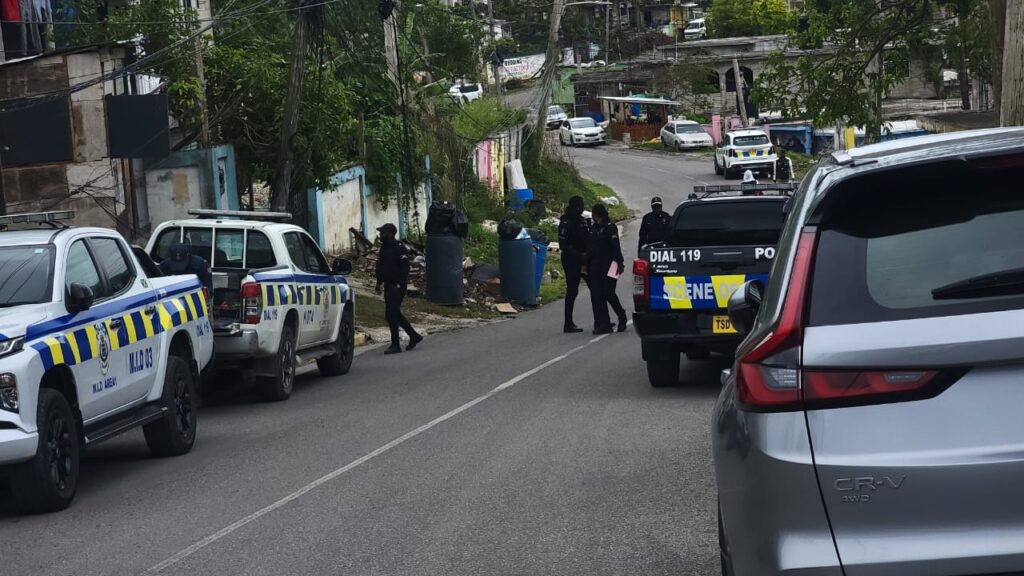A federal judge has issued a decisive injunction against the Trump administration’s attempt to revoke deportation protections for approximately 350,000 Haitian immigrants, whose Temporary Protected Status (TPS) was scheduled to terminate this Tuesday. In a comprehensive 83-page ruling, U.S. District Judge Ana Reyes delivered a stern rebuke to Homeland Security Secretary Kristi Noem, asserting she lacks the legal authority to dismantle these critical safeguards.
The court document presented compelling evidence that Secretary Noem’s termination decision appeared “substantially likely” to have been predetermined and motivated by racial animus toward nonwhite immigrants. Judge Reyes characterized Noem’s actions as “arbitrary and capricious” while acknowledging her constitutional right to express controversial views about immigrants—but emphasizing that such personal biases cannot dictate policy implementation.
This legal victory comes amid Haiti’s profound humanitarian crisis, where extreme poverty, rampant gang violence, and political instability have created unlivable conditions. Armed groups currently control significant portions of the country, including most of the capital Port-au-Prince. The nation’s transitional government remains exceptionally fragile, having held no elections in the past decade.
In Florida—home to over 150,000 Haitian TPS recipients—community leaders and lawmakers cautiously celebrated the ruling while recognizing the likelihood of an administration appeal. Miami-based county legislator and Haitian-born activist Marleine Bastien characterized the decision as “breathing room” rather than permanent stability, noting the irony that while U.S. citizens are advised against travel to Haiti, the administration sought to forcibly return immigrants to the same dangerous conditions.
The TPS program, designed to protect individuals from deportation to countries experiencing armed conflict, environmental disasters, or other extraordinary circumstances, has faced systematic dismantling under the current administration. Officials argue the program encourages undocumented immigration and has been improperly extended, particularly regarding Haiti’s designation following the catastrophic 2010 earthquake. The Biden administration most recently extended Haiti’s TPS designation in 2021.









